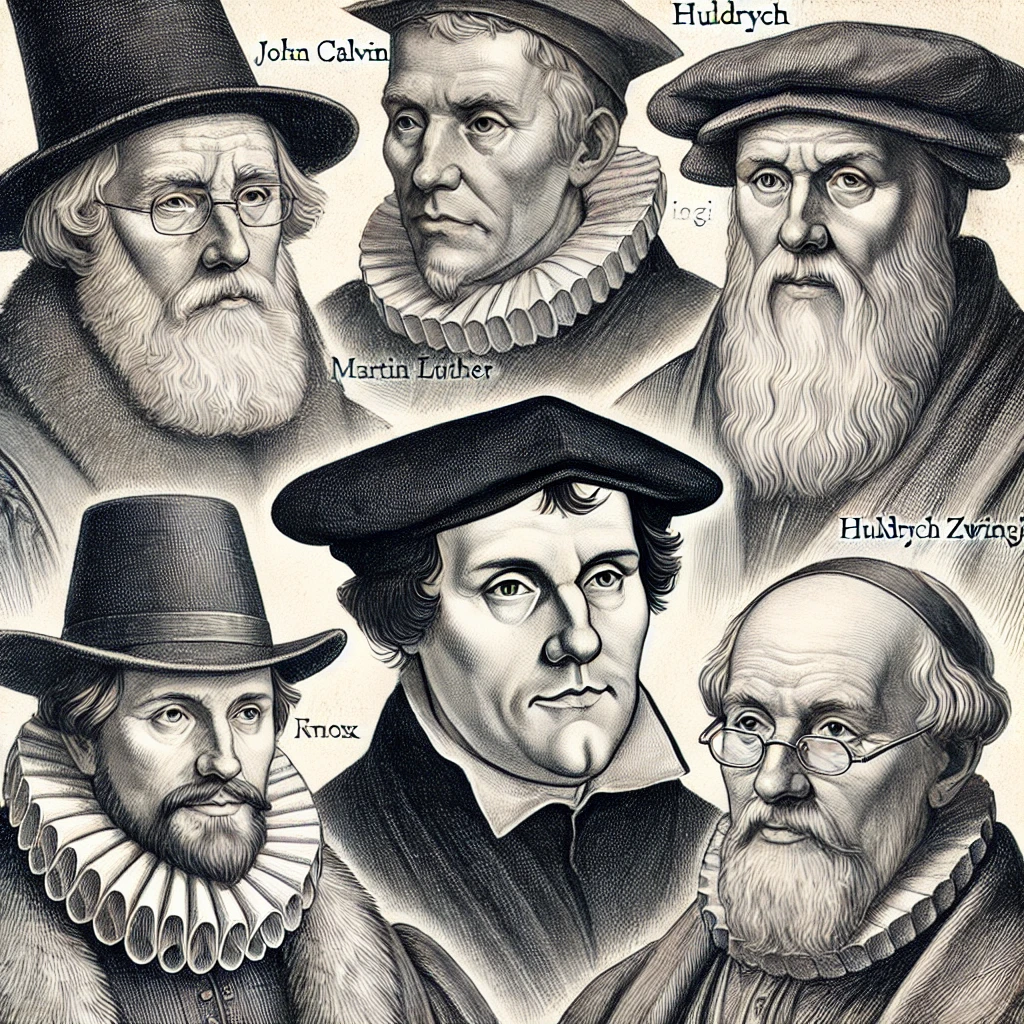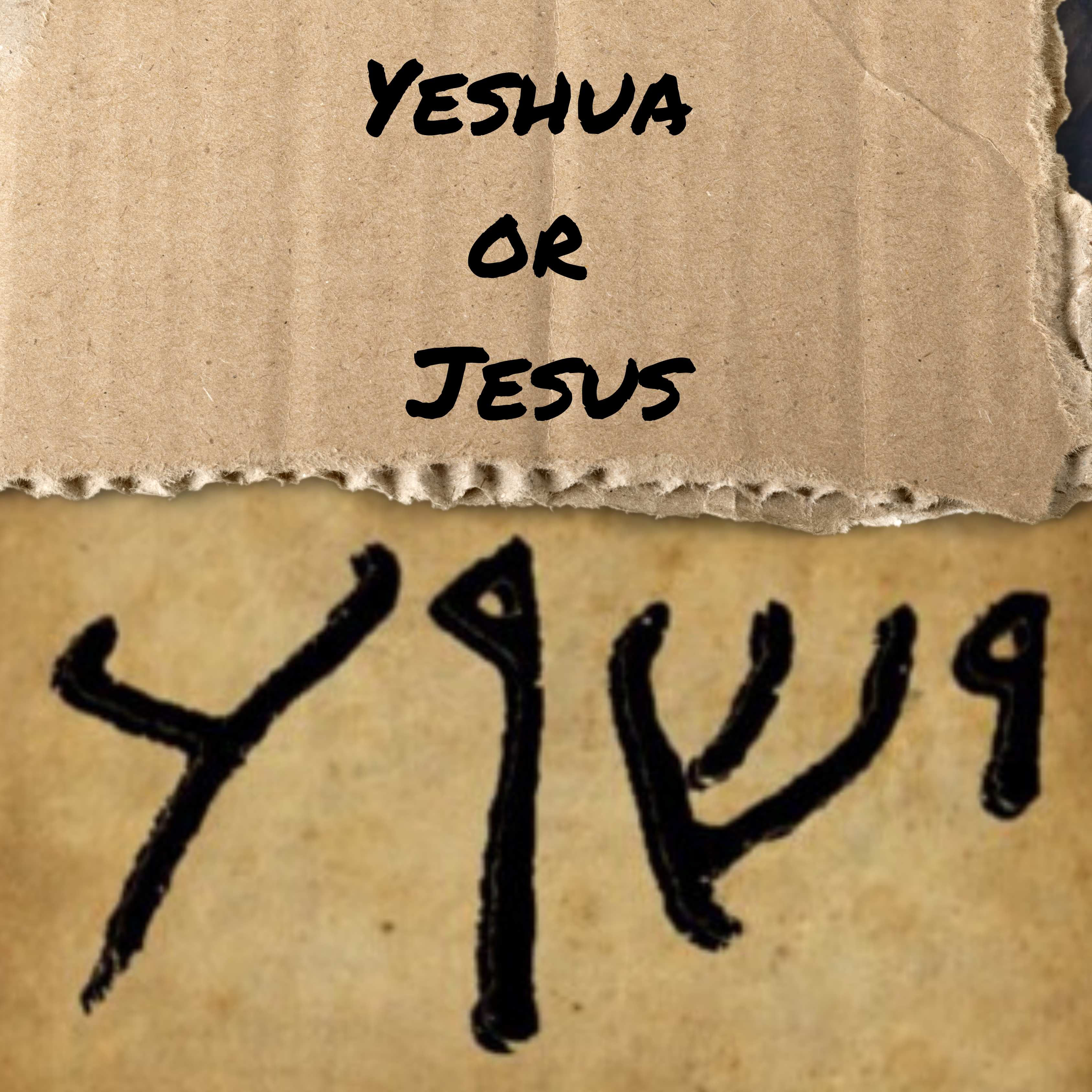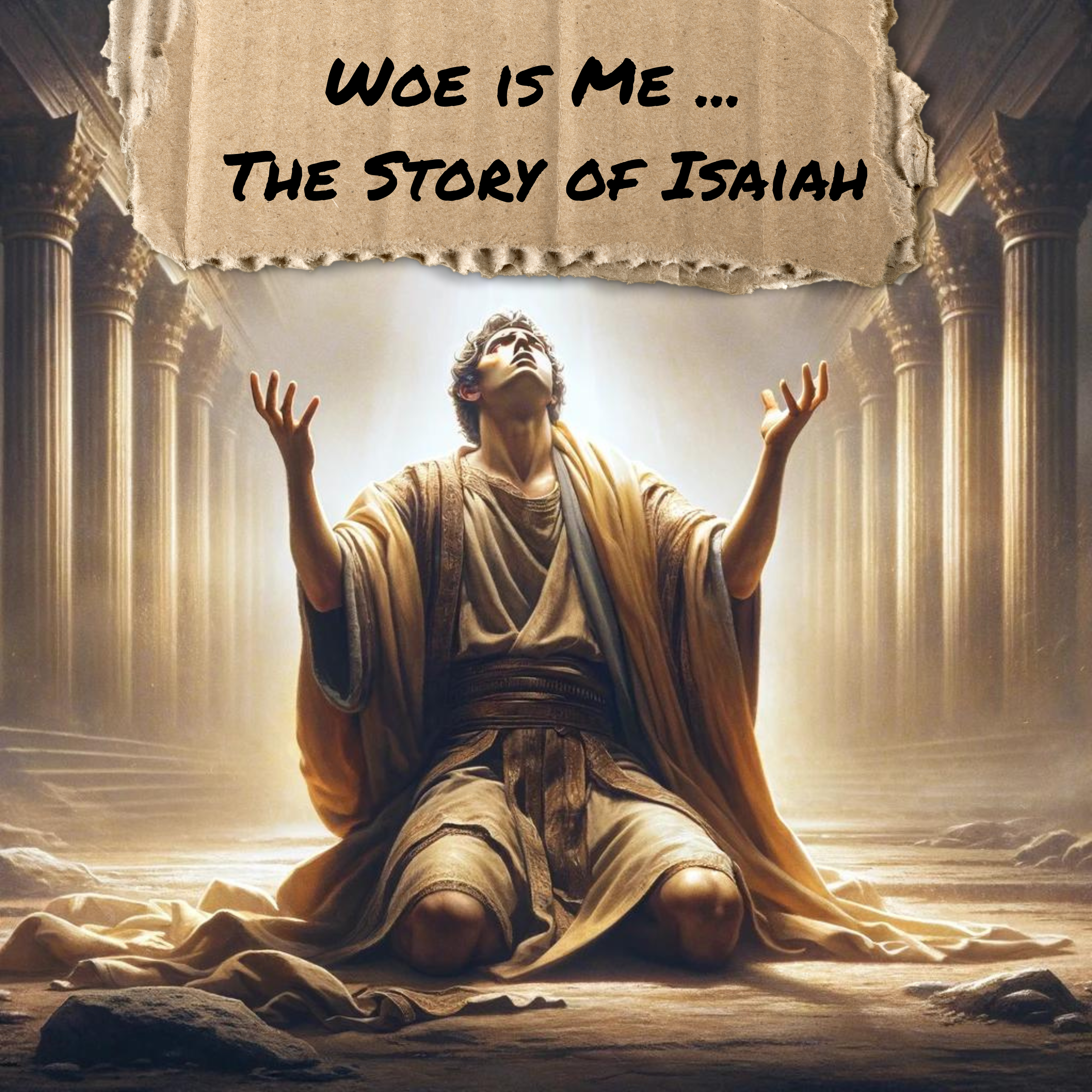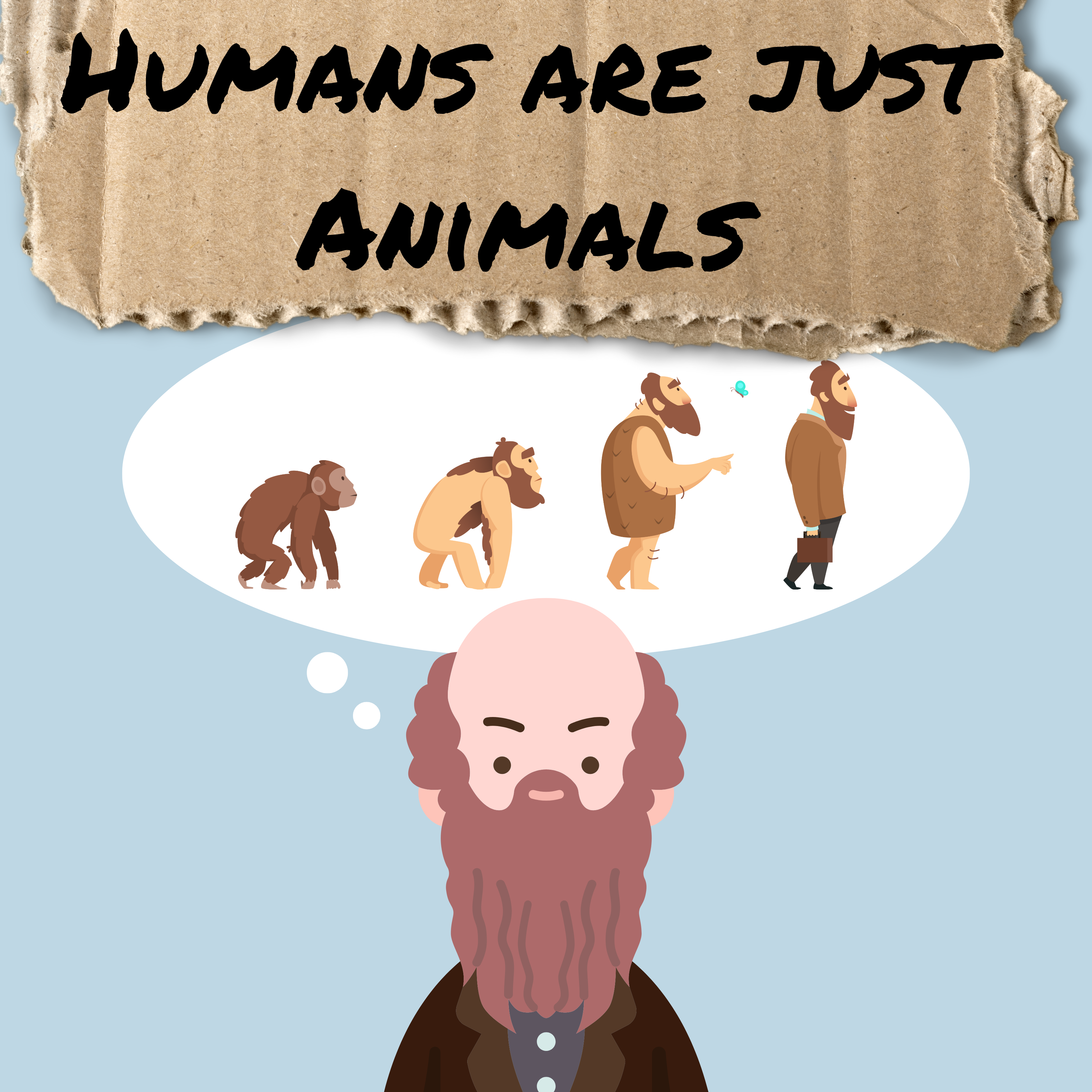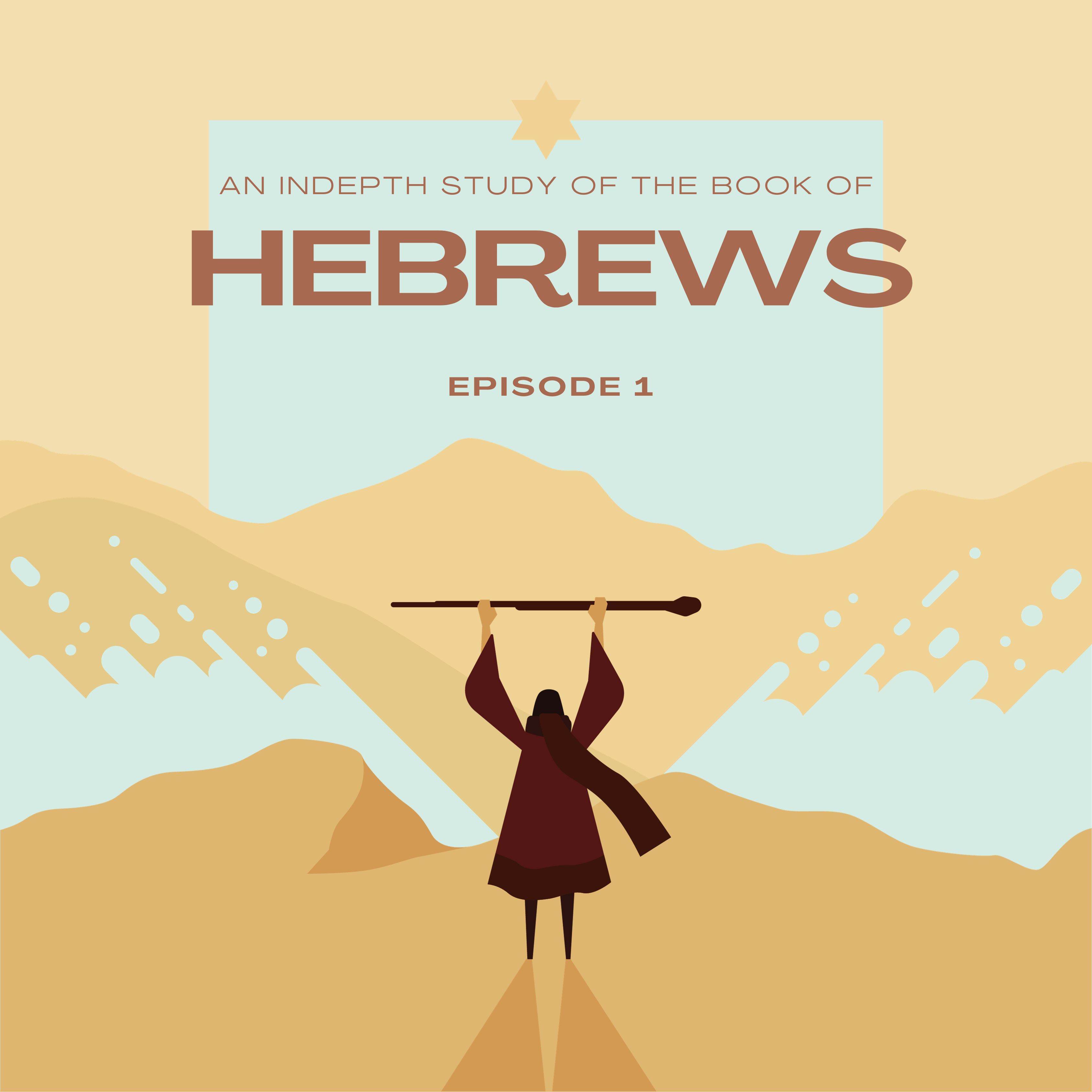
The Book of Hebrews, a profound and intricate portion of the New Testament, extends an invitation to delve deeper into the mysteries of faith and divine revelation. Its authorship remains cloaked in history, with the writer’s identity being an enigma, suggesting perhaps an associate of Paul as its composer. This epistle is a testament to the notion that the most compelling messages often come from the most mysterious messengers.
The dating of the Book of Hebrews to a period before 70 AD is notably inferred from its silence on the destruction of the Second Temple in Jerusalem, an event of profound significance in Jewish history. This omission is pivotal, as the author extensively discusses the Jewish sacrificial system, priesthood, and the Temple, elements central to Jewish religious life that were directly impacted by the Temple’s destruction. If Hebrews had been written after 70 AD, it is likely that such a momentous event, which marked the end of a significant era in Jewish worship and culture, would have been mentioned or alluded to, especially given the epistle’s thematic focus on the old covenant’s fulfillment in Christ.
This pre-70 AD authorship places Hebrews in a context where the Temple and its sacrificial system were still operational, allowing the author to draw powerful contrasts between the old covenant rituals and the new covenant established through Jesus Christ. The absence of any reference to the Temple’s destruction suggests that the original audience was experiencing the tension between traditional Jewish practices and the emerging Christian faith, providing a unique perspective on the transition from the old to the new covenant. Thus, the timing of its composition not only situates Hebrews in a critical historical context but also reinforces its theological message of Jesus as the ultimate high priest and perfect sacrifice, surpassing and fulfilling the old covenant practices.
A Word Before and A Word Made Flesh
The narrative of faith unfolds with a look back at the divine communication of old, as stated in Hebrews:
“God, who at sundry times and in divers manners spake in time past unto the fathers by the prophets, Hath in these last days spoken unto us by his Son, whom he hath appointed heir of all things, by whom also he made the worlds; Who being the brightness of his glory, and the express image of his person, and upholding all things by the word of his power, when he had by himself purged our sins, sat down on the right hand of the Majesty on high” (Hebrews 1:1-3, KJV).
These verses not only echo the testimony of the Old Testament but also affirm the enduring truth of Scripture, resonant with the words of Christ Himself, who said:
“Think not that I am come to destroy the law, or the prophets: I am not come to destroy, but to fulfil. For verily I say unto you, Till heaven and earth pass, one jot or one tittle shall in no wise pass from the law, till all be fulfilled. Whosoever therefore shall break one of these least commandments, and shall teach men so, he shall be called the least in the kingdom of heaven: but whosoever shall do and teach them, the same shall be called great in the kingdom of heaven. For I say unto you, That except your righteousness shall exceed the righteousness of the scribes and Pharisees, ye shall in no case enter into the kingdom of heaven” (Matthew 5:17-20, KJV).
The Prophetic Word Confirmed
The apostle Peter, too, bears witness to the reality of Christ’s life and mission:
“For we have not followed cunningly devised fables, when we made known unto you the power and coming of our Lord Jesus Christ, but were eyewitnesses of his majesty. For he received from God the Father honour and glory, when there came such a voice to him from the excellent glory, This is my beloved Son, in whom I am well pleased. And this voice which came from heaven we heard, when we were with him in the holy mount. We have also a more sure word of prophecy; whereunto ye do well that ye take heed, as unto a light that shineth in a dark place, until the day dawn, and the day star arise in your hearts: Knowing this first, that no prophecy of the scripture is of any private interpretation. For the prophecy came not in old time by the will of man: but holy men of God spake as they were moved by the Holy Ghost” (2 Peter 1:16-21, KJV).
A New and Living Way
Hebrews further enlightens us with the promise of a “new and living way,” which Jesus inaugurated through His sacrifice, an act of love so profound that it is celebrated in the Gospel of John:
“For God so loved the world, that he gave his only begotten Son, that whosoever believeth in him should not perish, but have everlasting life. For God sent not his Son into the world to condemn the world; but that the world through him might be saved. He that believeth on him is not condemned: but he that believeth not is condemned already, because he hath not believed in the name of the only begotten Son of God. And this is the condemnation, that light is come into the world, and men loved darkness rather than light, because their deeds were evil. For every one that doeth evil hateth the light, neither cometh to the light, lest his deeds should be reproved. But he that doeth truth cometh to the light, that his deeds may be made manifest, that they are wrought in God” (John 3:16-21, KJV).
The Word and the Life
The Gospel according to John also speaks of Jesus as the divine Word and life-giving Light:
“In the beginning was the Word, and the Word was with God, and the Word was God. The same was in the beginning with God. All things were made by him; and without him was not any thing made that was made. In him was life; and the life was the light of men. And the light shineth in darkness; and the darkness comprehended it not… And the Word was made flesh, and dwelt among us, (
and we beheld his glory, the glory as of the only begotten of the Father,) full of grace and truth” (John 1:1-5, 14, KJV).
The Supremacy of Christ
This same Word, who is the heir of all things and the creator of the worlds, is also the one through whom redemption is found. Paul’s letter to the Colossians declares:
“Who hath delivered us from the power of darkness, and hath translated us into the kingdom of his dear Son: In whom we have redemption through his blood, even the forgiveness of sins: Who is the image of the invisible God, the firstborn of every creature: For by him were all things created, that are in heaven, and that are in earth, visible and invisible, whether they be thrones, or dominions, or principalities, or powers: all things were created by him, and for him: And he is before all things, and by him all things consist. And he is the head of the body, the church: who is the beginning, the firstborn from the dead; that in all things he might have the preeminence. For it pleased the Father that in him should all fulness dwell; And, having made peace through the blood of his cross, by him to reconcile all things unto himself; by him, I say, whether they be things in earth, or things in heaven” (Colossians 1:13-20, KJV).
The Redeemer’s Humility and Glory
Philippians 2:1-11 (KJV) unfolds the humility and subsequent exaltation of Christ, who, “being in the form of God, thought it not robbery to be equal with God: But made himself of no reputation, and took upon him the form of a servant, and was made in the likeness of men: And being found in fashion as a man, he humbled himself, and became obedient unto death, even the death of the cross. Wherefore God also hath highly exalted him, and given him a name which is above every name: That at the name of Jesus every knee should bow, of things in heaven, and things in earth, and things under the earth; And that every tongue should confess that Jesus Christ is Lord, to the glory of God the Father.”
In the tapestry of Christian theology, Jesus Christ occupies the central figure as both the Creator and Redeemer. This dual role is not merely a doctrinal statement but a profound revelation about the nature of God and His relationship with humanity. It presents a narrative where the Creator of the universe enters into His own creation to restore and redeem it.
Jesus as Creator
The New Testament opens with the bold proclamation of John: “In the beginning was the Word, and the Word was with God, and the Word was God. The same was in the beginning with God. All things were made by him; and without him was not any thing made that was made” (John 1:1-3, KJV). This passage establishes Jesus, the Word, as an active agent in creation. The phrase “all things were made by him” unequivocally attributes the act of creation to Christ.
This truth is further echoed in Colossians 1:16-17, where Paul writes, “For by him were all things created, that are in heaven, and that are in earth, visible and invisible, whether they be thrones, or dominions, or principalities, or powers: all things were created by him, and for him: And he is before all things, and by him all things consist.” Here, Christ is not only the instrument of creation but also the purpose and the one who sustains all things.
Jesus as Redeemer
The role of Jesus as the Redeemer is central to the Christian faith. The Gospel of John beautifully captures this in John 3:16-17: “For God so loved the world, that he gave his only begotten Son, that whosoever believeth in him should not perish, but have everlasting life. For God sent not his Son into the world to condemn the world; but that the world through him might be saved.” Here, redemption is presented not as an afterthought but as a deliberate act of love by the Creator for His creation.
The Epistle to the Hebrews delves deeper into this role, portraying Jesus as the high priest who offers Himself as the ultimate sacrifice for sin. Hebrews 1:3 states, “Who being the brightness of his glory, and the express image of his person, and upholding all things by the word of his power, when he had by himself purged our sins, sat down on the right hand of the Majesty on high.” This verse not only speaks of Christ’s divinity and creative power but also highlights his redemptive act – the purification of sins.
Theological Implications of this Dual Role
- Unbroken Relationship: The understanding that the Creator Himself became the Redeemer assures us of God’s unbroken relationship with His creation. It speaks of a God who is not distant but intimately involved in the history and fate of humanity.
- Holistic Salvation: In Jesus, salvation is not just a spiritual concept but encompasses all aspects of creation. As the one who made the world, His redemption touches every corner of the universe, offering restoration beyond the mere spiritual realm.
- Divine Love and Justice: The dual roles of Jesus demonstrate God’s justice and love. As Creator, His justice demands atonement for sin; as Redeemer, His love provides that atonement through His self-sacrifice.
- The Model for Humanity: Jesus’ life as the Creator who enters His creation sets a model for humans to follow. It calls for a life of humility, service, and a willingness to enter into the suffering of others for their upliftment.
- The Assurance of Restoration: Knowing that the Creator is also the Redeemer gives believers the assurance of the eventual restoration of all things. It speaks of a future where the consequences of the fall are fully reversed, and creation is brought back to its intended glory.
In the dual role of Creator and Redeemer, Jesus Christ presents a profound narrative of God’s engagement with the world. This dual aspect is not merely a theological concept but a living reality that offers hope, assurance, and a call to action for believers. It reassures that the hands that molded the universe are the same that were stretched on the cross, bringing redemption and restoration to a fallen world. This understanding invites a deeper appreciation of the Christian faith, seeing it as a comprehensive narrative of creation, fall, redemption, and restoration, all centered in the person of Jesus Christ.
The Sole Path to Worship
In Hebrews, we are reminded that Jesus is the definitive voice of God in these last days, the heir of all things, and the upholder of the universe by the word of His power. After making purification for sins, He sat down at the right hand of the Majesty on high, inviting us to worship Him as the only way to the Father.
The message of Hebrews is timeless and clear: Jesus Christ is both our Redeemer and our Creator. In Him, we find the fulfillment of the law, the prophets, and the ultimate revelation of God’s love and power. It is through Him we have access to the throne of grace, where we lay down our burdens and find rest for our souls. The epistle to the Hebrews and the supporting scriptural passages paint a picture of Jesus as the sovereign Lord of creation, the beacon of hope, and the author of our salvation. It is in this revelation that we are called to believe, receive, and live out the new covenant He has established, an everlasting covenant of grace and truth.

